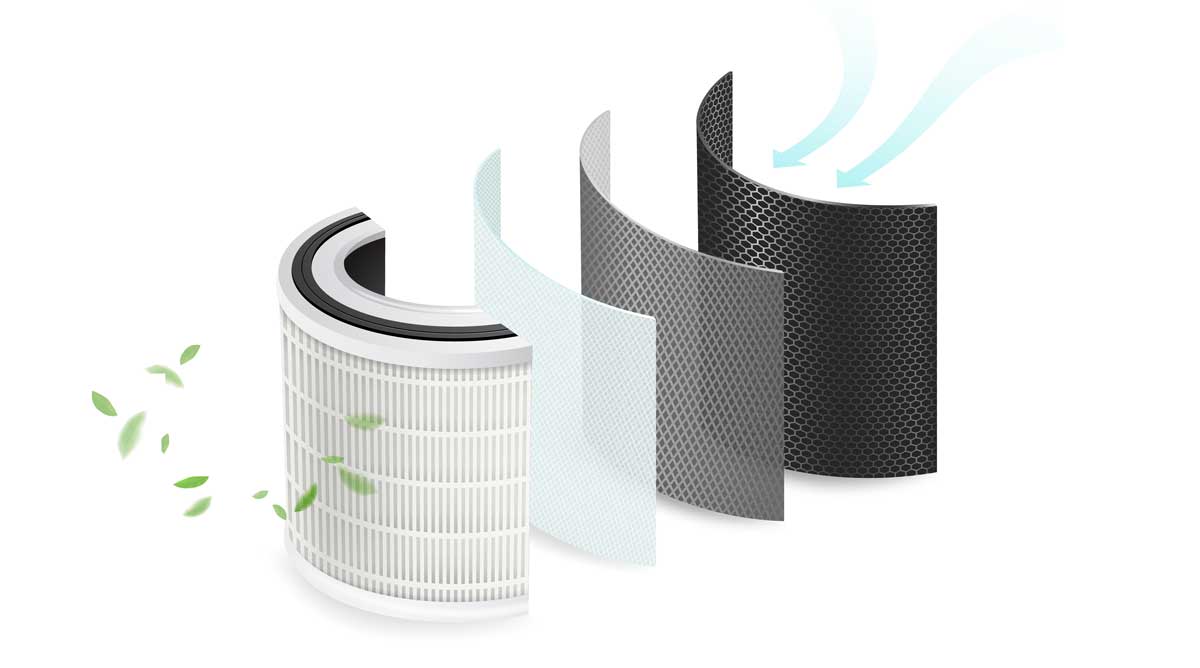Football is one of America’s most popular pastimes. Whether you are tailgating, watching the Super Bowl, or playing in a local rec league, football probably has a place in your life. But with all the recent stories of head injuries and concussion protocols, you might wonder whether football is actually safe – especially if you have a child who wants to play.
Fortunately, new concussion protocols combined with cutting edge helmets are making football safer than ever before. But did you know that chemistry plays a vital role in football helmet safety? Here’s what you should know about the chemical composition of football helmets.
Polycarbonate Shell
The outer shell of a football helmet is typically made of polycarbonate, a thermoplastic that was invented in the mid-20th century. Strong, impact-resistant, and able to maintain its properties across a wide temperature range, polycarbonate is used in applications ranging from laptop housings to riot gear. It is particularly useful in football helmets, not only for its impact resistance, but also because it is easily injection molded and painted. Polycarbonate is made by reacting bisphenol A (BPA) or an alternative with phosgene or diphenyl carbonate.
Note that some less expensive football helmets are made from a different impact resistant plastic known as acrylonitrile butadiene styrene (ABS). Although it is tough and is used in a variety of consumer goods, ABS can degrade in sunlight. It’s best, therefore, to invest in a football helmet with a polycarbonate shell.
Foam Padding
The padding inside a football helmet plays a vital role. The same properties that make polycarbonate an excellent choice for the outer shell would make it dangerous for the head to contact directly during a collision with the ground or another player. A layer of stiff yet cushioning viscoelastic foam softens the blow. Viscoelastic foam has the properties of both viscous materials, which stretch under strain, and elastic materials, which return to their original shape. These properties are extremely important for football players, who may take multiple hits during a single game.
Popular viscoelastic foams for football helmet padding include polystyrene, polyurethane, and polypropylene. All three materials are polymers made by reacting an organic compound derived from petroleum or natural gas with a catalyst. All are lightweight and relatively inexpensive.
Football helmets may also contain a stiffer padding known as vinyl nitrile foam in the top, since most player collisions are top down. A blended polymer made of nitrile rubber and PVC (polyvinyl chloride), vinyl nitrile foam has a higher density than viscoelastic foams for extra head protection.
Metal Face Mask
Football face masks are made of one of three metals: carbon steel, stainless steel, or titanium. Carbon steel is often used in youth and recreational league football helmets, as it’s the least expensive option. Stainless steel is a popular choice for high school teams, as it balances cost with durability. The costliest but most durable option is titanium, which is favored by college and pro teams, as well as some top high school teams. But what exactly are these metals?
All steel is an alloy primarily comprised of iron and carbon, often mixed with some amount of tungsten, manganese, and/or chromium. As the name suggests, carbon steel has a higher concentration of carbon than other types of steel. It’s extremely strong, but prone to corrosion and rust. Carbon steel face masks are also heavier than other types of face masks.
Stainless steel has a significantly higher concentration of chromium and much lower carbon content than carbon steel. This imparts tremendous durability due to stainless steel’s remarkable rust and corrosion resistance. Other elements, such as aluminum, copper, or nickel, may also be present. Stainless steel face masks are mid-range in cost, weight, and durability.
Titanium is not a type of steel, but rather a completely different kind of metal. It is best known for its remarkably high tensile strength and low density, making it the ideal lightweight choice for football players concerned with moving fast. Titanium is extremely resistant to both cracking and corrosion. It is often alloyed with elements such as aluminum, nickel, or zirconium, and is used in applications ranging from aircraft frames to backpacking gear.
Football will never be entirely risk free. Thanks to chemistry, though, modern football helmets protect players better than ever before. Next time you’re watching the big game, pay attention to how many hits players can take without ever being pulled from the field of play.
Noah Chemicals is dedicated to providing clients the purest chemicals. Browse our massive online catalog of high-purity chemicals or contact us today to speak with one of our qualified chemists about custom chemicals and bulk ordering.




